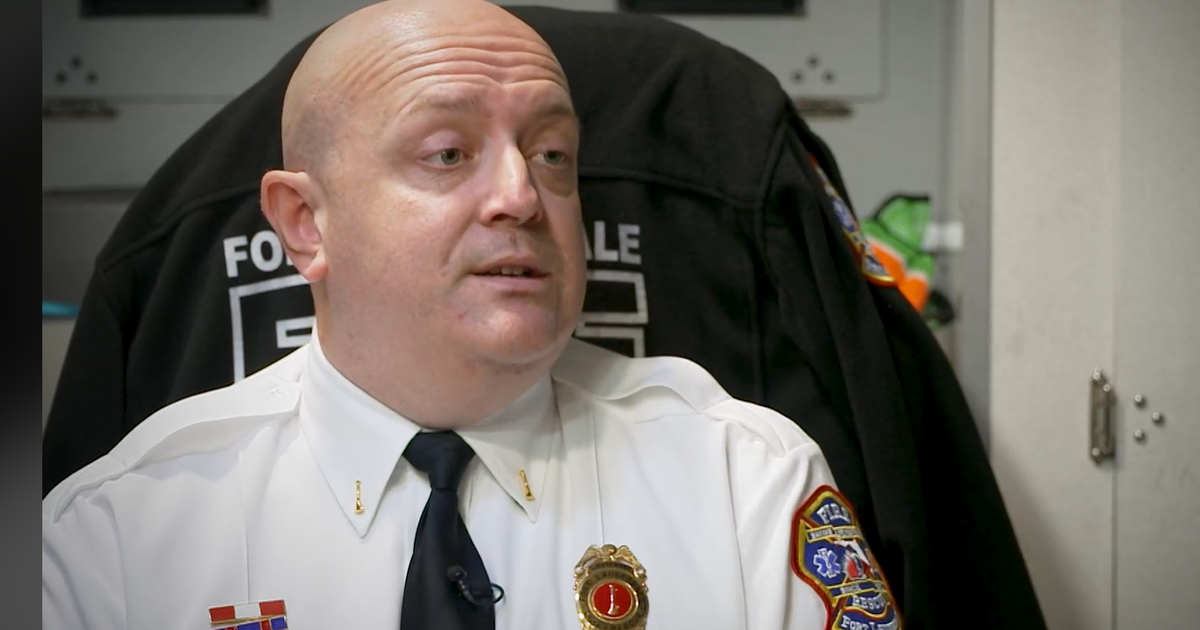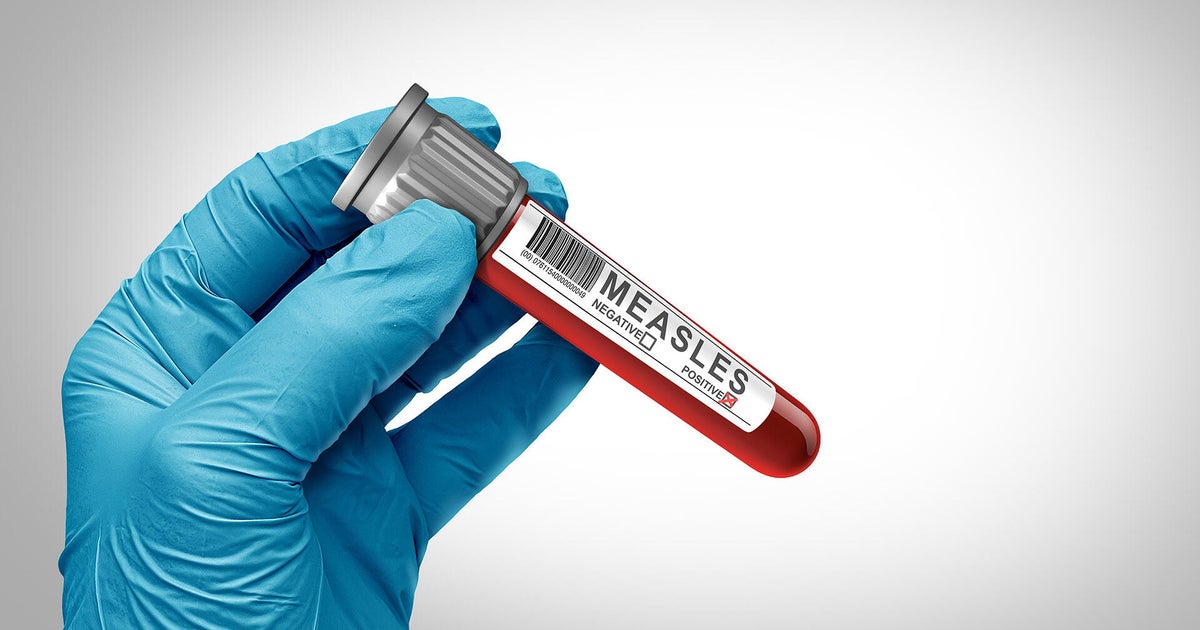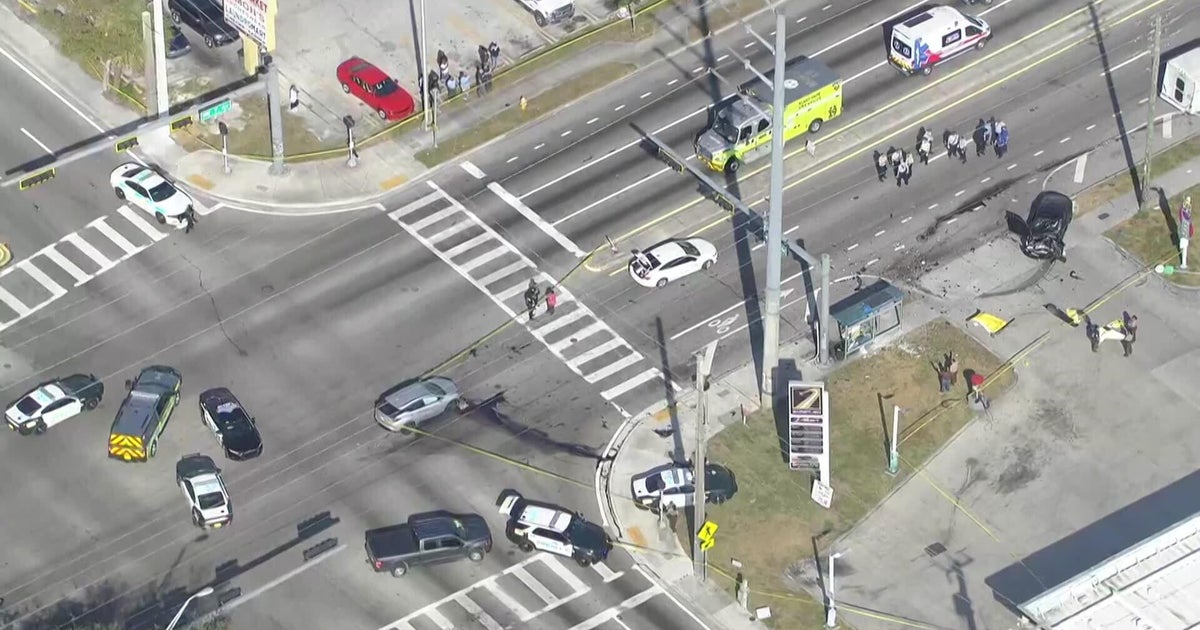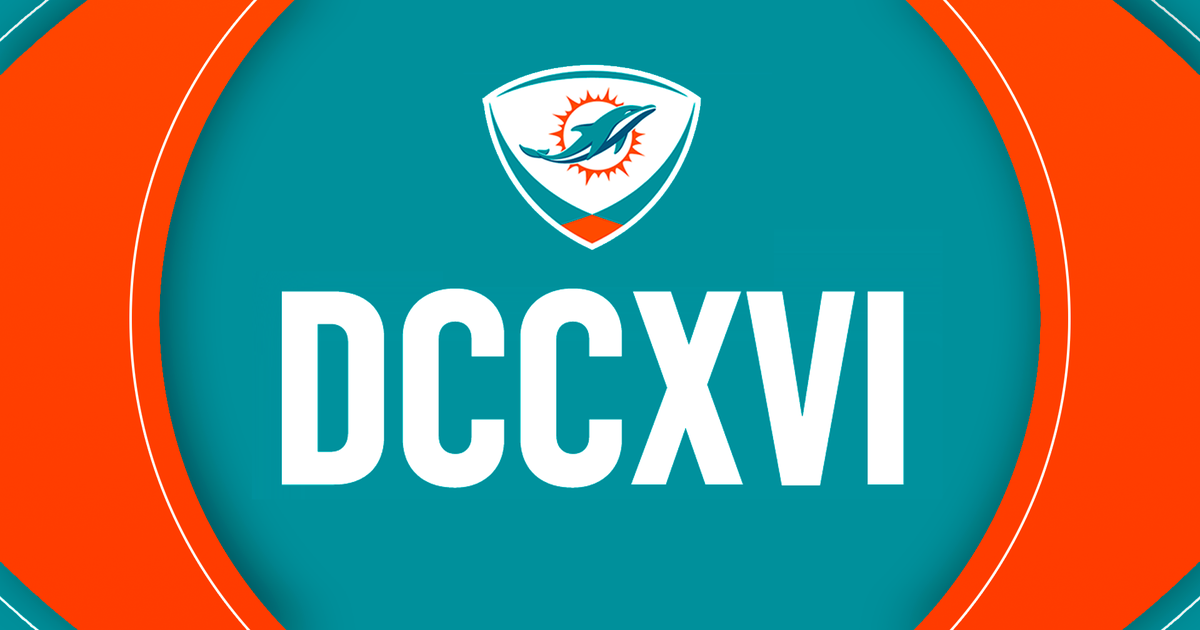MIAMI – As part of our ongoing mission to spread awareness about first responder mental health, we’ve shared some pretty powerful stories.
We’ve heard from retired first responders, impacted family members, therapists and clergy, but current officers and firefighters have been reluctant to speak publicly, until now.
One active, local firefighter is opening up about his mental health journey, to try to break the stigma.
“There was a plan in place, and I’m gonna leave it at that,” said Lt. Andrew Master.
That plan would have cost him his life.
“It was a way out for me,” he said. “I’m grateful that it didn’t happen.”
Masters didn’t want to go into the details but has no problem sharing them with other first responders.
He tells them about losing his first job with another department and how that led him to seriously consider suicide.
“I want people to understand when they’re in that space, that it is a dark place, and you kind of aren’t thinking probably straight and you think this is the only option,” he said. “But there are options out there.”
Masters now works at Fire Station 2 in Fort Lauderdale, one of the busiest in the country, so there’s not much time to sit back and relax.
“There’s a saying that firefighters are never off duty,” he said. “It’s part of the job.”
Masters found himself struggling again, working non-stop and dealing with his own personal pain, like the death of his nephew Dylan, the end of a long-term relationship and responding to the Surfside building collapse.
“I was putting in over 100 hours every week of overtime and working whenever I could,” Masters said.
He recalled colleagues noting he seemed angry.
“It actually took a captain pulling me out on scene on a call and calling me out on it that made something snap and made me realize what was going on and everything. And that night, I made three phone calls,” said Masters.
One of those calls was to Ron Perkins, the Senior Chaplain for Fort Lauderdale Fire Rescue.
“The average person, for instance, might experience four or five life-changing moments in their entire life,” Rev. Perkins said. “The firefighters and law enforcement officers that we have taken care of us can experience that in one 24-hour shift.”
Statistics show PTSD and depression rates among firefighters and police officers have been found to be five times higher than the general population.
More than 6.6% of first responders have attempted suicide—10 times the national average.
Rev. Perkins, a former Navy nurse, said the key is to have “culturally informed therapists” at the ready. But there aren’t enough to meet the need.
“Right now in Broward County, I can count on two hands the number of clinicians that have been through the program and are actively engaged in caring for firefighters and police officers,” he said.
That program is a minimum 16-hour training course that gives licensed mental health counselors a taste of what it’s like to be a firefighter.
“We give them that opportunity of the search and rescue, of putting them in full bunker gear, putting them in an air pack, putting them on air and sending them into a room that’s filled with Hollywood smoke. So now they lose their visibility. Ninety percent of them have never been in a situation like that before,” Masters said.
The goal is to make first responders feel more comfortable when discussing their mental health concerns with therapists in order to break the stigma of suffering in silence.
“I’m not afraid now to come out and talk about my story,” said Masters. “My goal is to maybe give hope to that one person that may be listening that the storm is going to end.”
Masters now visits other departments, helping them in times of crisis. He was on hand to be a listening ear recently when Miami-Dade and Miami Beach experienced suicide within their ranks.
He also has found some solace in spreading awareness about his nephew Dylan, through the “Dylan Strong Foundation” to empower the families of children diagnosed with cancer.
Late last year, Florida expanded its “Hope Line” for first responders statewide. People in need of help can call 866-4FL-HERO or visit firstresponderhope.com.




